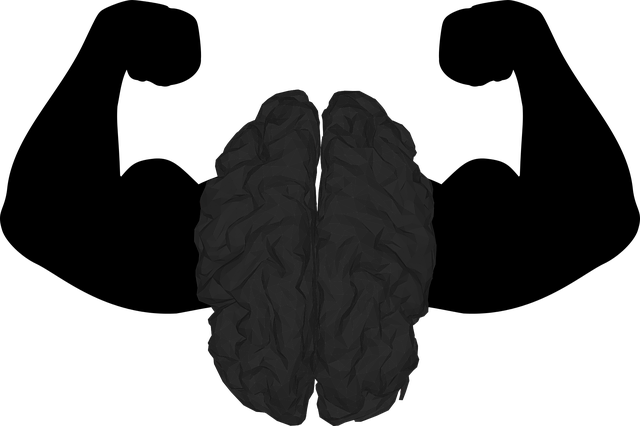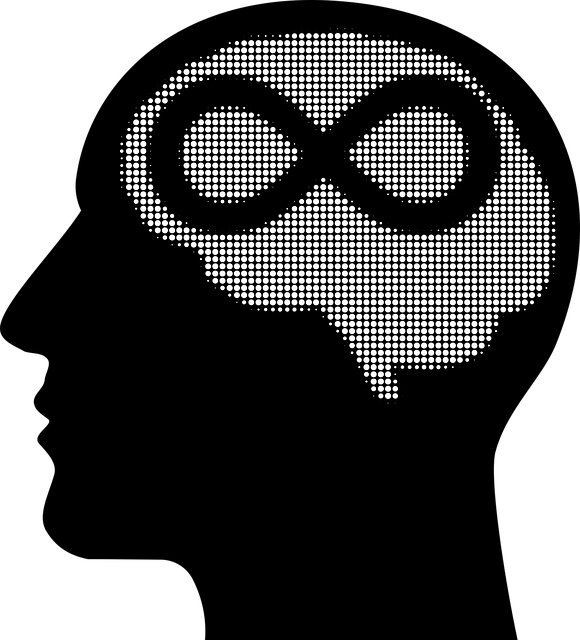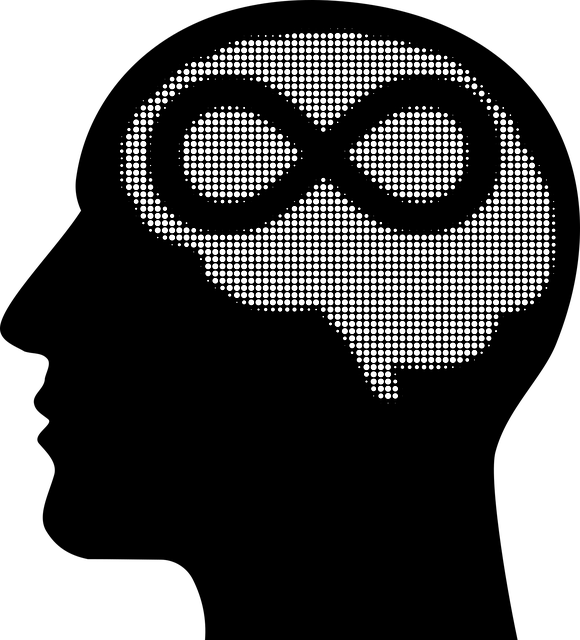Effective mental health education for adults with neuro disorders (ADHD, ASD, Bipolar Disorder) requires tailored therapy like CBT, burnout prevention for healthcare providers, and stigma disruption. Programs should include workshops, self-care practices, social skills training, and Emotional Intelligence integration. Success is measured through ongoing assessment, feedback, and data analysis to refine curriculum and adapt to diverse learning styles, ensuring accessible support for neurodivergent adults' holistic well-being.
“Uncover the power of education in transforming mental health outcomes with our comprehensive guide to program design. In an era where neuro disorders among adults are on the rise, understanding these conditions is crucial. We explore ‘Understanding Adult Neuro Disorders’ and its impact on society. Furthermore, we delve into disrupting stigma through education, identifying core components for effective programs, and strategies for engaging learners. Learn about measuring success and ensuring continuous improvement in mental health education, focusing on therapy for adult neuro disorders.”
- Understanding Adult Neuro Disorders: A Comprehensive Overview
- The Impact of Mental Health Stigma and Its Disruption
- Core Components of an Effective Education Program
- Strategies for Delivering Sensitized Learning Experiences
- Measuring Success: Assessment and Continuous Improvement
Understanding Adult Neuro Disorders: A Comprehensive Overview

Understanding adult neuro disorders is a crucial step in designing effective mental health education programs. These disorders, which include conditions like Attention Deficit Hyperactivity Disorder (ADHD), Autism Spectrum Disorder (ASD), and Bipolar Disorder, significantly impact an individual’s daily functioning and overall well-being. Recognizing the unique challenges faced by adults living with these neurodiverse conditions is essential to creating inclusive and supportive environments.
Comprehensive programs should offer a mix of educational sessions, workshops, and therapy for adults with neuro disorders, focusing on stress management techniques and enhancing self-care practices. Stress management workshops, tailored for this population, can equip individuals with tools to cope with environmental demands. Healthcare provider cultural competency training is also vital, ensuring professionals are adept at delivering sensitive care while considering the diverse needs of these patients.
The Impact of Mental Health Stigma and Its Disruption

Mental health stigma significantly impacts individuals’ willingness to seek help and can deter them from receiving much-needed therapy for adults with neuro disorders. This societal enigma often manifests as fear, discrimination, or misunderstanding, leading to a cycle of isolation and exacerbating mental health issues. Many struggle in silence, avoiding conversations about their feelings and emotions due to the associated embarrassment or judgement.
Disrupting this stigma is crucial in fostering an environment where individuals feel safe to access support. Implementing programs that promote understanding, empathy, and open dialogue can help. For instance, integrating social skills training into educational curricula or workplace settings empowers people to navigate conversations about mental health with confidence. Additionally, burnout prevention strategies for healthcare providers can improve their capacity to offer compassionate care, encouraging patients to embrace therapy and practice mindfulness meditation as coping mechanisms.
Core Components of an Effective Education Program

An effective mental health education program should incorporate several core components to ensure its success and impact. Firstly, Therapy for Adults with Neuro Disorders plays a pivotal role in such programs. Integrating evidence-based therapeutic approaches tailored for neurodivergent individuals allows for deeper understanding and coping mechanisms. For instance, Cognitive Behavioral Therapy (CBT) has proven effective in managing anxiety and depression among adults with conditions like autism or ADHD.
Additionally, Burnout Prevention strategies are essential. Self-awareness exercises and mindfulness practices can help participants recognize signs of mental fatigue and implement early interventions. Boosting confidence through positive affirmations and goal-setting activities empowers individuals to navigate challenges with resilience. Equipping them with practical tools for stress management and emotional regulation fosters a sense of agency, promoting overall well-being.
Strategies for Delivering Sensitized Learning Experiences

Effective mental health education programs design should incorporate strategies that foster a sensitized learning environment. One such approach is integrating Emotional Intelligence into the curriculum, enabling participants to recognize and manage their emotions as well as understand those of others. This not only enhances self-awareness but also promotes empathy, crucial aspects in nurturing a supportive atmosphere for discussing sensitive mental health topics.
Additionally, incorporating Burnout Prevention Strategies for Healthcare Providers can significantly contribute to successful program design. By recognizing the unique challenges faced by healthcare professionals, these strategies ensure that learning experiences remain accessible and non-threatening. Incorporating therapeutic techniques tailored for adults with neuro disorders can facilitate open dialogue, encouraging participants to share their experiences and learn from one another in a safe, supportive setting.
Measuring Success: Assessment and Continuous Improvement

Measuring success is a vital component of any effective mental health education program. Assessment strategies should go beyond initial evaluations to include ongoing monitoring and feedback mechanisms. This involves integrating self-assessment tools, peer reviews, and regular check-ins with participants to gauge their progress. By collecting qualitative and quantitative data, programs can identify areas that require refinement and ensure the curriculum aligns with its intended outcomes. For instance, focusing on therapy for adults with neuro disorders, assessments might include pre-post tests measuring knowledge retention, skill application through simulated scenarios, and participant feedback on coping skills development.
Continuous improvement is fostered when program facilitators analyze assessment data to refine their teaching methods. This iterative process involves adjusting lesson plans, incorporating new research findings, and adapting materials to cater to diverse learning styles. Moreover, integrating a risk assessment for mental health professionals into the education program can enhance safety and ethical considerations. As programs evolve, they can also leverage the success stories and testimonials of participants to showcase the impact of their efforts, attracting more individuals seeking coping skills development or mental wellness coaching programs.
Mental health education programs play a pivotal role in fostering understanding and disrupting stigma surrounding adult neuro disorders. By incorporating comprehensive overviews, strategies for sensitive delivery, and continuous improvement measures, we can ensure these programs are effective. Understanding the core components and utilizing diverse learning methods enhances accessibility to therapy for adults with neuro disorders, ultimately promoting better mental health outcomes.














